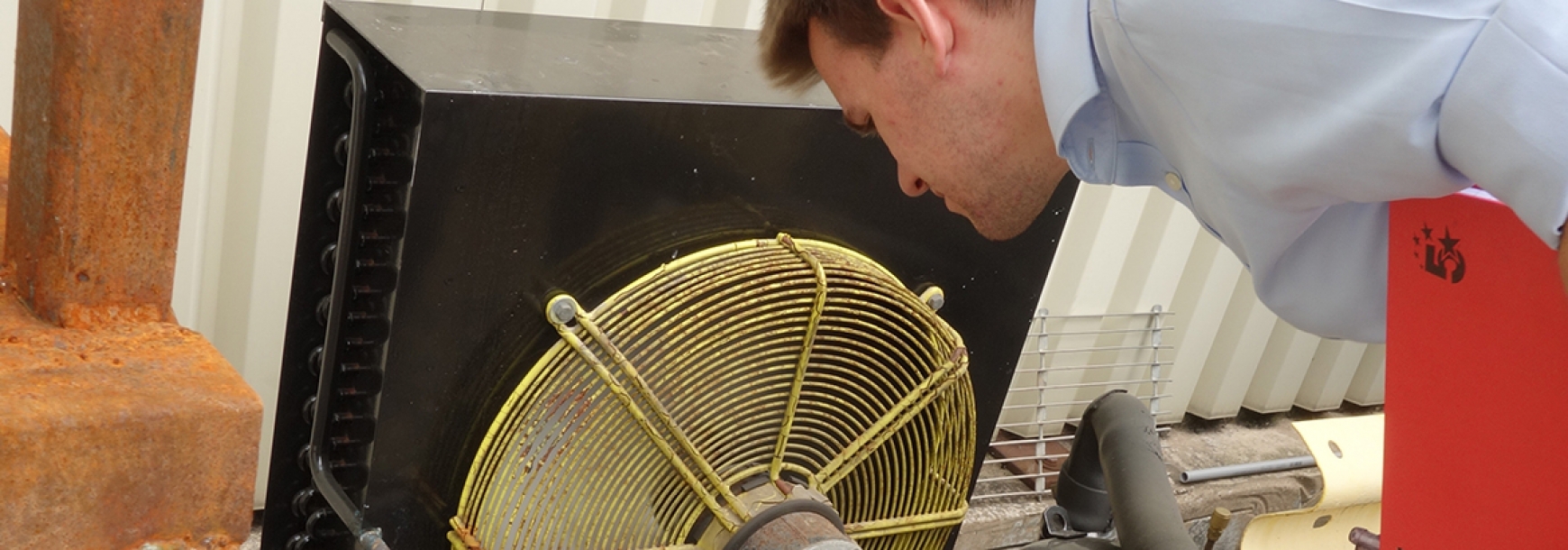The deadline for the Energy Savings Opportunity Scheme (ESOS) phase two is 5 December 2019. The scheme was introduced by the Government in 2015 in response to a European Union directive on energy reporting. The aim of the scheme is to reduce the UK’s carbon emissions by making it compulsory for large businesses to identify energy-saving measures. You can find out more about ESOS in our guide.
For businesses that need to comply with the ESOS scheme there are three important aspects that need to be covered off prior to 5 December 2019:
Measurement of the total energy consumption (as before covering a 12 month period)
Twelve months of verifiable data (energy consumption across all sites) is required, and this 12 month period must include the qualification date of the 5 December 2018, i.e. only data collected from the 6 December 2017 will be valid for compliance purposes. In any case, it will be good to get a head-start on data collection to see if there are any areas/procedures surrounding data collection that need addressing.
Carrying out any audits required to identify energy saving opportunities
As it stands, the Environment Agency (EA) has advised that energy audits can now be carried out as part of the compliance for the next phase. Getting in early will prevent the mad panic for auditing as ESOS deadlines loom. Starting to analyse data now is an invaluable start to the process because this way any abnormal energy use can be spotted and addressed as part of the ESOS audit reports.
Report to the EA that your business is compliant with the scheme
Notification can only take place once the data has been collected and any necessary audits are carried out, so the earliest that this can be done is the 5 December 2018.
Is auditing the only way?
Another route to compliance is by your business, as an organisation, becoming ISO50001 certified. This requires the implementation of a best practice ‘energy management system’ in line with the standard, and is equivalent to ISO9001 (Quality Management) and ISO14001 (Environmental Management). The benefits of doing this include:
- A continuous improvement in energy performance (rather than potentially only taking action on information once every four years)
- Less effort to comply with ESOS phases going forward
- Benefiting from an improved profile with demonstrable regard to energy performance and gain competitive advantage
The downside of this approach is the length of time it takes to become ISO50001 accredited. It can take over a year, as the energy management system would need to be implemented first, and then certified by an external assessment.
Here at FEC Energy we have two ESOS Assessors, and we can help with carrying out ESOS compliance auditing, acting as an assessor (i.e. reviewing energy audits), or the whole lot to ensure compliance which is:
- Data collection
- ESOS compliant audits
- Notifications on a company’s behalf
Give me a call on 024 7669 8899 to discuss how we can help you further.


